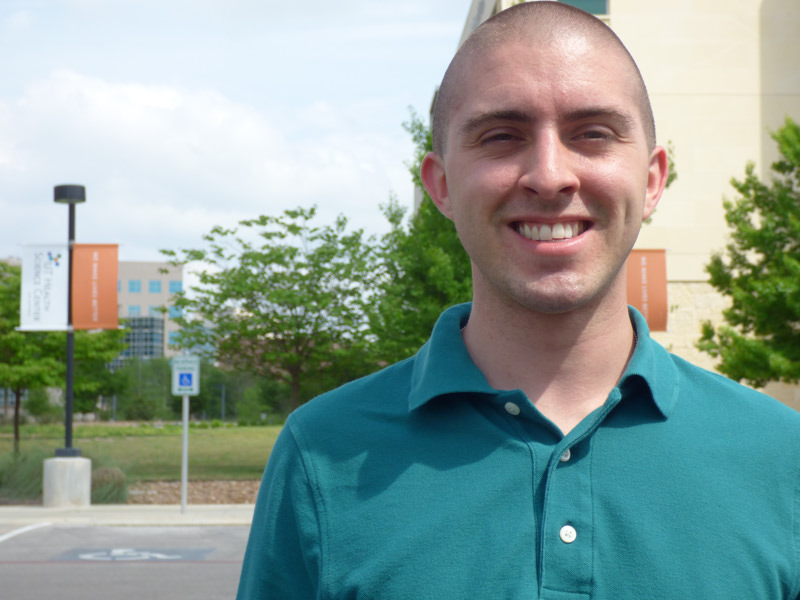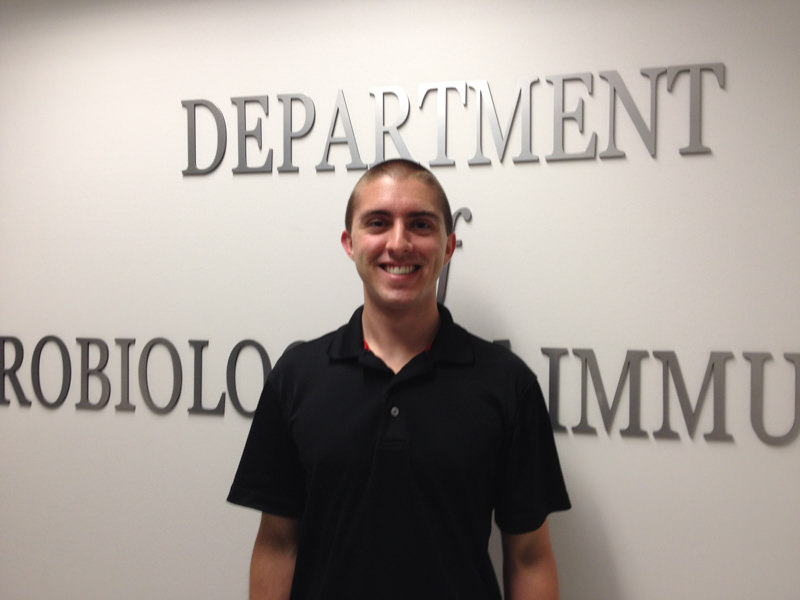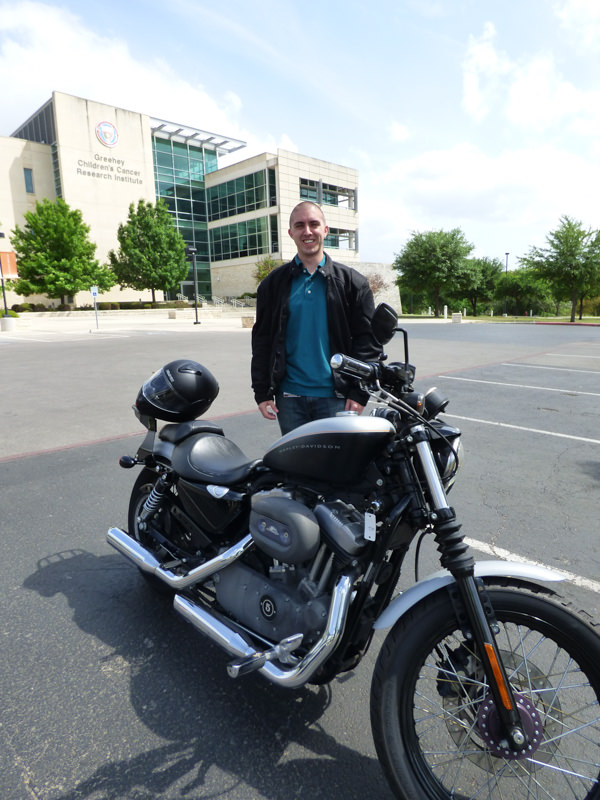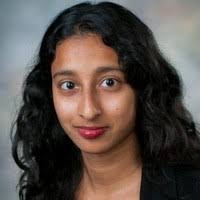Turner Conrad: Biodefense is Not Something We Want to Take Our Eyes Off Of

“San Antonio is a military city,” explains Turner Conrad.
“Knowing that there are so many military bases in town made me feel morecomfortable and was a big reason why I was drawn to UT Health Science Center.”
Conrad is a fourth year Ph.D. student in the Department of Microbiology and Immunology. He recently defended and passed his dissertation on June 2. He is also a reserve military officer on educational delay for the U.S. Army.
He is currently working in Dr. Guangming Zhong’s lab to find vaccines for Chlamydia trachomatis, one of three bacterial species in the genus Chlamydia.
“Most people don’t realize that in addition to being the most common sexually transmitted disease Chlamydia trachomatis is the leading cause of preventable blindness in the world and there are no vaccines available for either form,” Conrad said.

Conrad explained that even though Chlamydia is such a small organism, it lives inside the cell and operates a lot like a virus but it’s very complicated with very few genes that
are able to subvert the host immune system and any host processes trying to kill it.
“We’ve had to take a step back and look at it in a new way,” Conrad said. “It’s been really critical in moving forward with the vaccination effort.”
In addition to his research on Chlamydia, he was able to work on genomics and bioinformatics of microbial organisms.
“It was great because I was able to learn something that I might not have been able to find at other labs which are more limited,” Conrad said. “The concepts behind microbiology and immunology have been around for hundreds of years, but the fields of bioinformatics and genomics have only been in existence for a couple decades,” Conrad said.
Conrad first became interested in the field of biodefense after the anthrax attacks of 2001.
“I think that biodefense is a really important field in today’s world,” Conrad said. “Both military personnel and civilians can benefit in knowledge and health with individuals actively working to prevent malicious or natural outbreaks of severe infectious diseases at home and in the military theater of operations.”
Conrad would like to work in the field of biodefense in the future.
“Most of the diseases we are dealing with are luxury diseases like diabetes but people are often naive to the fact that biological weapons are an absolute possibility,” Conrad said. “Biodefense is something we haven’t had to deal with on a mass scale, but it isn’t something you want to take your eyes off of.”

In his spare time, Conrad likes to ride motorcycles.
“There are lots of things that you don’t know you enjoy in life until you have done them,” Conrad said. “There is no better feeling that being on a motorcycle with the open road around you.”
 This article was written by Charlotte Anthony, marketing specialist at the Graduate School of Biomedical Sciences at UT Health San Antonio. This article is part of the “Meet The Researcher” series which showcases researchers at the Graduate School of Biomedical Sciences at University of Texas Health Science Center San Antonio.
This article was written by Charlotte Anthony, marketing specialist at the Graduate School of Biomedical Sciences at UT Health San Antonio. This article is part of the “Meet The Researcher” series which showcases researchers at the Graduate School of Biomedical Sciences at University of Texas Health Science Center San Antonio.
